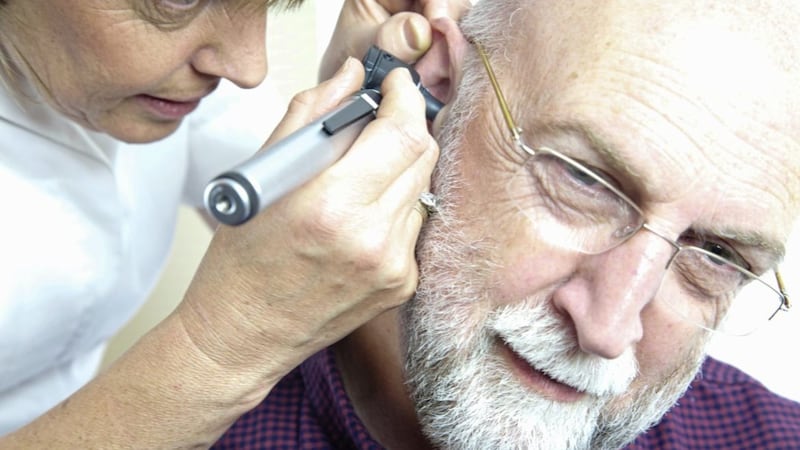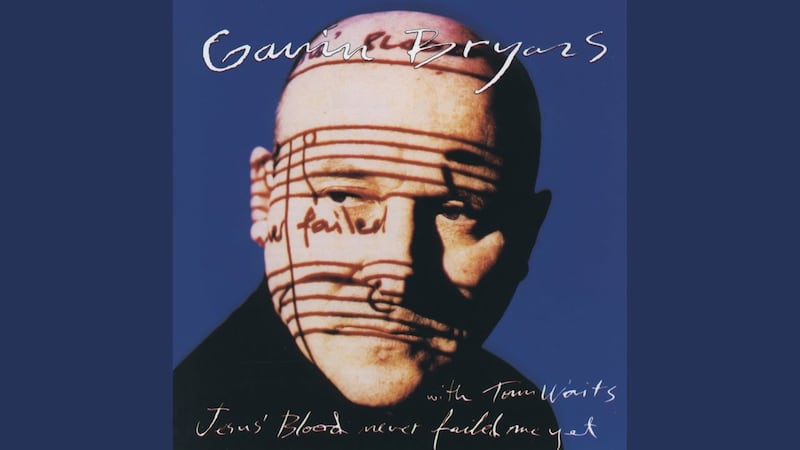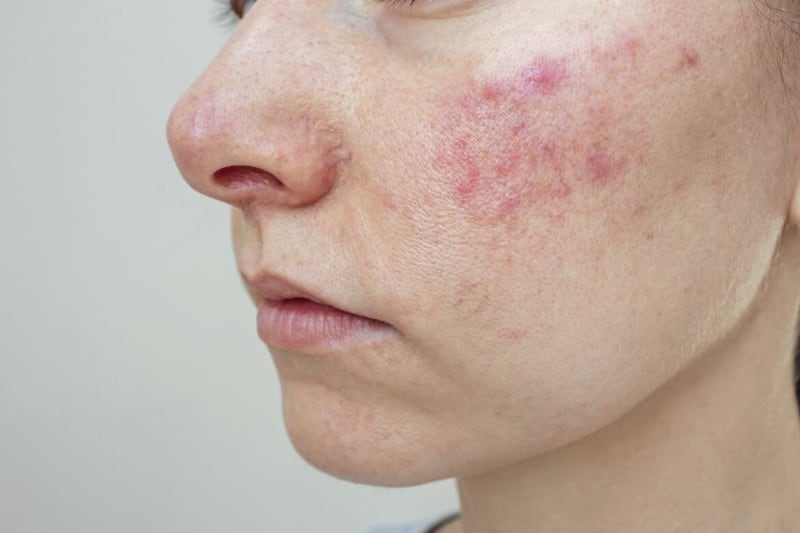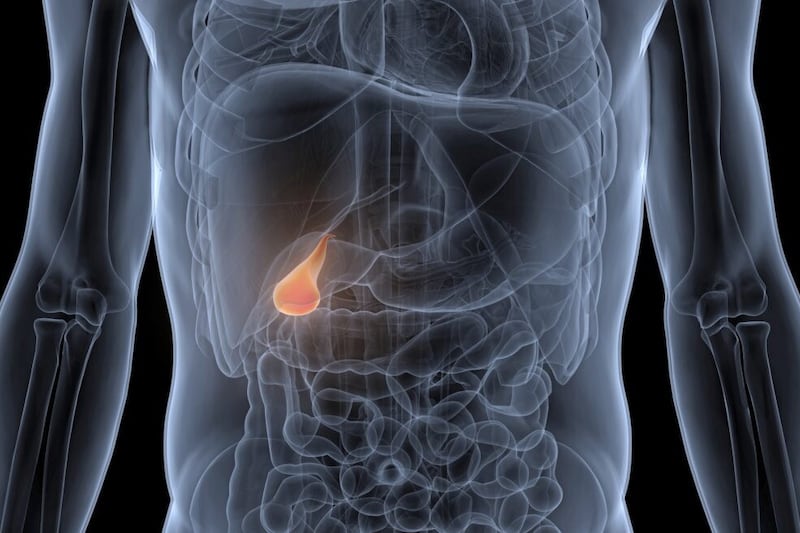Q: FOR more than 20 years, on and off, I have had labyrinthitis. The vomiting and dizziness caused by this disorder leave me bed-bound for three or four days at a time, and it can take another fortnight for me to recover. Now, my neck hurts, it aches around my ear and I have tingling around my cheekbone and eyes. How can I get to the root of this?
LP
A: Labyrinthitis is an inflammation of the inner ear, the maze-like system of tubes and passages that is fundamental to hearing and balance.
The inner ear consists of the snail-shell-shaped cochlea, the fluid-filled vestibular system and two nerves that gather information from these areas and send it to the brain.
A number of viruses – in 30 per cent of labyrinthitis cases there is history of a recent cold – and some bacterial infections can inflame this delicate structure, causing dizziness, nausea and, sometimes, hearing impairment along with tinnitus (noise or ringing in the ears).
Balance, concentration and confidence can all be affected, and to have experienced recurrent bouts for so many years must have caused you significant distress, as well as created great upheaval in your home and work life.
The dizziness, almost like severe motion sickness, tends to be the worst symptom and can be treated with anti-nausea medicines.
Cinnarizine and prochlorperazine, which are more typically used for travel sickness, can be taken as tablets or, in severe cases, injected, and will usually resolve an attack of labyrinthitis in one to three weeks.
They help by suppressing the nerve signals that are coming from the inner ear and can connect with the vomiting centre in the brain.
Your case is unusual because of the recurrent nature of your attacks and the facial numbness, ache around your ear and discomfort in the side of your neck that you are now experiencing.
In your longer letter, you write that you are being woken during the night by the feeling the room is spinning and then vomiting when you get up.
The most common cause of such attacks of dizziness (known medically as vertigo) is benign paroxysmal positional vertigo.
However, with this, acute dizziness is triggered by head movements and lasts only a few seconds, and there is no associated discomfort, numbness, or tingling. A different disorder, called Meniere’s disease, also causes dizziness and may lead to a sense of fullness and pain in one ear, as well as tinnitus and hearing loss.
While this can be recurrent, bouts most commonly last two to three hours, not the days and weeks you describe.
A third condition, vestibular migraine, causes dizziness and nausea – and not necessarily a headache – but rarely lasts longer than a few hours, although it may be recurrent.
Given the severity of your symptoms, the fact they clear up fully only to return later, and the tingling and numbness that you are experiencing, I believe that labyrinthitis is the correct diagnosis and that it may be caused by the herpes simplex virus (HSV) attacking the inner ear.
This common virus, which more usually causes cold sores, can lie dormant in the body, reactivating periodically to cause pain, tingling and numbness.
If the infection is in the inner ear, balance and hearing may also be affected.
Whether or not HSV is involved can be hard to prove and I urge you to ask your GP to refer you to the expert hands of a neurotologist (an ear, nose and throat specialist).
They may prescribe preventive anti-viral medication (400mg of acyclovir twice a day), which, if HSV is indeed at the root of your problems, could minimise the attacks or stop them altogether.
Q: FOR two years I’ve been plagued by a very itchy, sensitive scalp – even using a hairdryer is too much to bear. I also get painful flare-ups, during which it feels like someone is pulling my hair. I’m worried it’s a sign of a more serious problem.
JD
A: It appears you have seborrhoeic dermatitis, a skin condition in which the scalp becomes red, itchy and flaky. Any areas of oily skin, such as the sides of the nose, eyebrows, ears, eyelids, and centre of the chest can also be affected.
The symptoms are thought to be caused by an overgrowth of malassezia, a normally harmless fungus that lives on the skin, or by an over-reaction of the immune system to this fungus.
It’s very common – occurring in around one in 25 people – and similar to dandruff (which is actually a mild form of seborrhoeic dermatitis that causes flaking itchy skin, but without the sensitivity you also experience).
Nizoral, a medicated shampoo containing the antifungal ketoconazole, is often prescribed (and is also available over the counter) to reduce the growth of the yeast. Nizoral is usually effective and should be used twice a week for two to four weeks.
In severe cases, corticosteroid lotions and ointments that are rubbed into the scalp can dampen down inflammation. But be aware that topically applied steroids can lead to thinning of the skin, increased body hair, weight gain, muscle weakness, and other potential damaging responses – so don’t use them for more than a month.
You mention in your longer letter that you’ve tried Nizoral and topical steroids. So I wonder about your hair-washing regimen. You should wash your hair with something mild, such as baby shampoo, so as not to further irritate the scalp.
Or you could try Sachajuan shampoo, which contains the antifungals piroctone and climbazole, and salicylic acid. These eradicate the yeast and calm the inflammation and should be used once a day for a month and then once a week.
However maddening, be assured the itch is not a sign of anything serious.
© Solo dmg media








